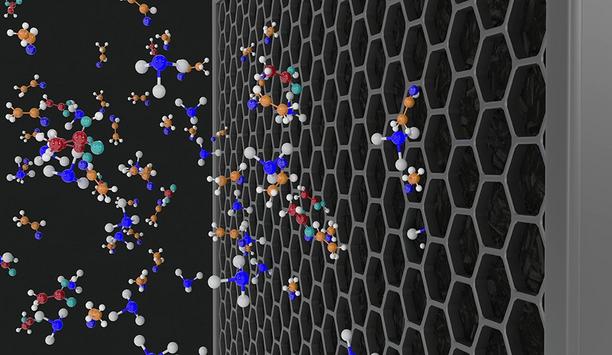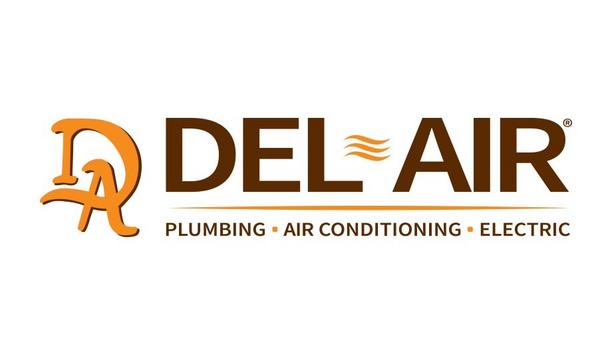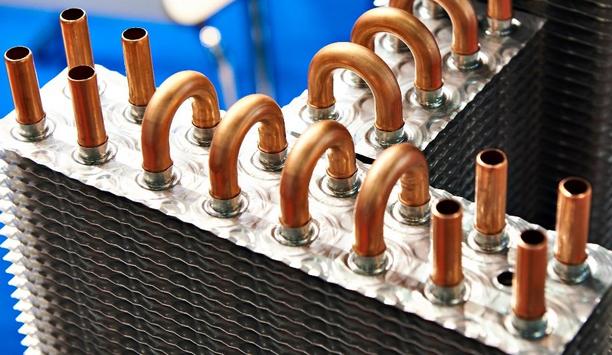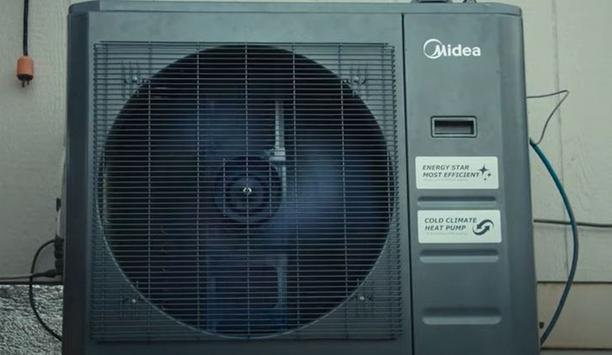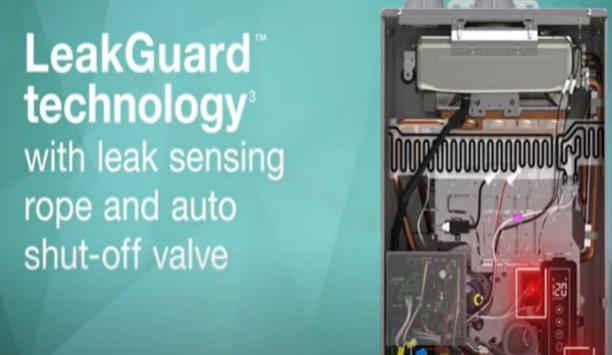Air handling associations/ regulatory bodies in Norway (52 found)
hybridGEOTABS EU is an active group of developers, engineers & academics with a common interest in optimizing coupled geothermal heat pumps (GEO-HP) and thermally activated building systems (TABS), alongside secondary heating & cooling systems. TABS use pipes, embedded in concrete floors, ceilings and walls, through which warm/cold water is pumped to heat/cool a building’s thermal mass.
IFC Certification Ltd is a UKAS accredited and internationally recognized provider of high quality customer focused independent third party certification. IFC Certification Ltd is also a Notified Certification Body for certificating products for CE Marking under the Construction Products Directive.
Institute of Domestic Heating & Environmental Engineers is the pre-eminent professional body for the approved heating engineer. The prime objective of the IDHEE is to raise the standards of domestic heating installations through education, to which end IDHEE Education has developed the Domestic Heating Design Course, and continues to develop further courses to enhance the knowledge of installers in general and its members in particular.
International Accreditation Forum (IAF) is the world association of Conformity Assessment Accreditation Bodies. Its primary function is to develop a single worldwide programme of conformity assessment, which reduces risk for business and its customers by assuring them that accredited certificates may be relied upon.
The International Environment Agency (IEA) is the global energy authority, providing data, analysis, and solutions on all fuels and all technologies. They help governments, industry, and citizens make good energy choices.
International Facility Management Association (IFMA) is the world's largest and most widely recognized international association for facility management professionals, supporting over 23,000 members in more than 100 countries.
The International Institute for Sustainable Laboratories (I2SL) is devoted to the principles of sustainable laboratories and related high-technology facilities, from design to engineering to operation. Through worldwide partnerships and the exchange of technical expertise, I2SL will encourage the development of high-tech facilities that address the rapid pace of science, medicine, research, and development in a dynamic environment.
IIAR is the world's renowned advocate for the safe, reliable and efficient use of ammonia and other natural refrigerants. IIAR members share their collective knowledge and experience to produce consensus documents that address various aspects of the natural and industrial refrigeration industry. IAR sets the standard for providing advocacy, education and the most up-to-date technical information to the ammonia and natural refrigeration community.
Mitsubishi Heavy Industries, Ltd. delivers innovative and integrated solutions across a wide range of industries from commercial aviation and transportation to power plants and gas turbines, and from machinery and infrastructure to integrated defense and space systems.
National Center for Construction Education and Research (NCCER) is a not-for-profit education foundation created in 1996, as The National Center for Construction Education and Research. NCCER develops standardized construction and maintenance curriculum and assessments with portable credentials.
An ANSI-accredited Standards Developing Organization, the National Electrical Manufacturers Association (NEMA) gives members a competitive edge in today's rapidly changing marketplace by expanding market opportunities, acquiring exclusive business intelligence, removing market barriers, building supply chain connections, and harnessing innovation.
The National Institute of Standards and Technology (NIST) was founded in 1901 and is now part of the U.S. Department of Commerce. NIST measurements support the smallest of technologies to the largest and most complex of human-made creations, ranging from nano-scale devices so tiny that tens of thousands can fit on the end of a single human hair up to earthquake-resistant skyscrapers and global communication networks.
With the Occupational Safety and Health Act of 1970, Congress created the Occupational Safety and Health Administration (OSHA) to ensure safe and healthful working conditions for workers by setting and enforcing standards and by providing training, outreach, education and assistance. The OSH Act covers most private sector employers and their workers, in addition to some public sector employers and workers in the 50 states and certain territories.
Ofgem is Britain’s independent energy regulator. Their role is to protect consumers now and in the future by working to deliver a greener, fairer energy system. They are a non-ministerial government department and an independent National Regulatory Authority.
OpenTherm is a non-manufacturer-dependent system of communication between modulating HVAC appliances and room thermostats. It consists of a communication protocol and an interface specification. The OpenTherm communication protocol is primarily designed to control modulating heating appliances. The protocol is available to members of the OpenTherm Association only.
REHVA is The Federation of European Heating, Ventilation and Air Conditioning associations founded in 1963. REHVA's mission is to develop and disseminate economical, energy efficient, safe and healthy technology for mechanical services of building; to serve its members and the field of building engineering (heating, ventilation and air conditioning) by facilitating knowledge exchange.
As a globally recognized professional body, everything that Royal Institution of Chartered Surveyors do is designed to effect positive change in the built and natural environments. Through their respected global standards, pioneering professional progression, and their trusted data and insight, RICS promotes and enforce the highest professional standards in the development and management of land, real estate, construction, and infrastructure.
The Brick Consortium, Inc. is a non-profit membership corporation whose purpose is to encourage the research and development of Brick Schema Specifications for the built environment and any supporting tooling, documentation, and best practices necessary to promote Brick. The consortium develops the Brick Schema Specifications as open source through member participation.
Founded in 2003, Utilita was created to challenge the Big 6 energy suppliers by empowering everyone with a fair and flexible service that’s good for the pocket and planet.
VDMA is an association that represents the common economic, technical and scientific interests of the mechanical engineering industry, especially towards national and international authorities and business circles.
The World Plumbing Council (WPC) is an international organization which aims to develop and promote the image and standards of the plumbing Industry worldwide. World Plumbing Day is an international event on March 11 every year, initiated by the World Plumbing Council as a means of highlighting the important role plumbing plays in the health, safety and sustainability of the community.
The Wyss Institute at Harvard University uses biological design principles to develop new engineering innovations that will transform medicine and create a more sustainable world. By emulating biological principles of self assembly, organization and regulation, they are developing disruptive technology solutions for healthcare, energy, architecture, robotics, and manufacturing, which are translated into commercial products and therapies.
Browse HVAC companies
- Region
- Western Europe
Optimizing Comfort: The Ultimate HVAC Component Guide
DownloadTransitioning To UL 60335-2-89
DownloadPowering And Cooling Next Generation Data Centers
DownloadSealed Connectors In Harsh Environments
DownloadRetrofitting HVAC Systems With EC Fans
Download

